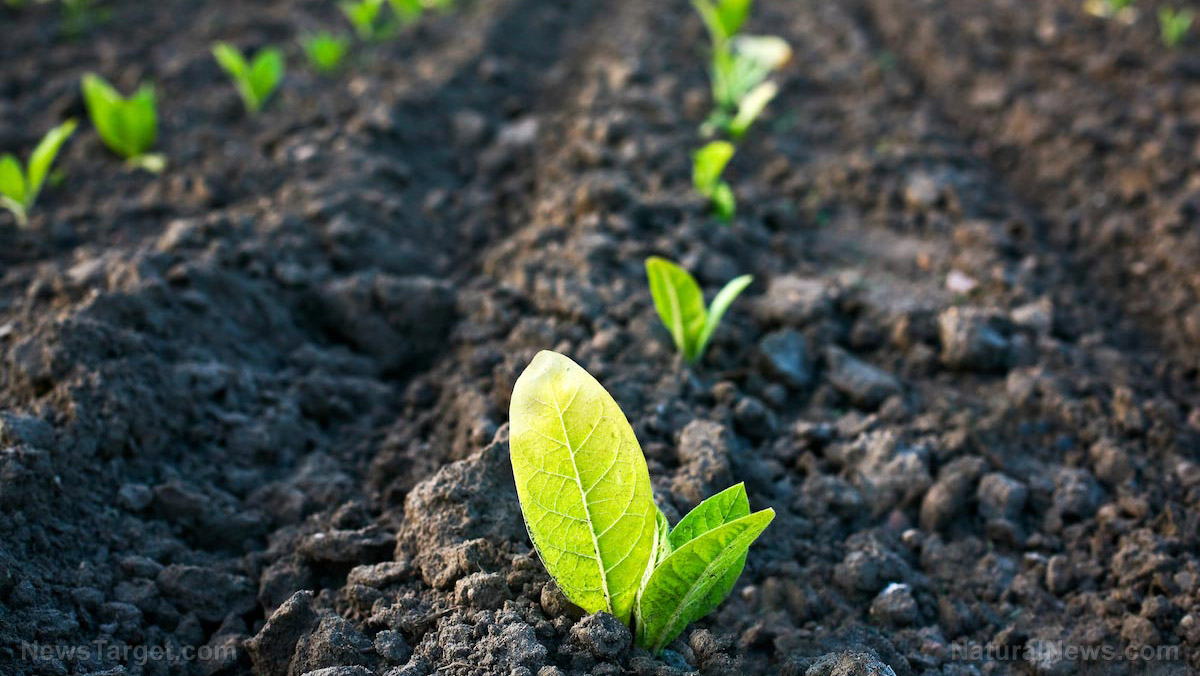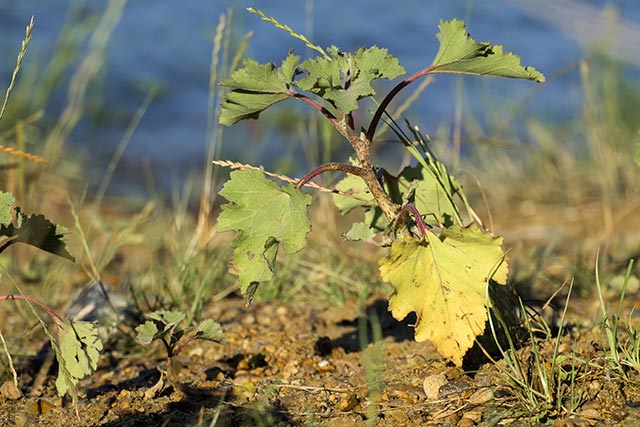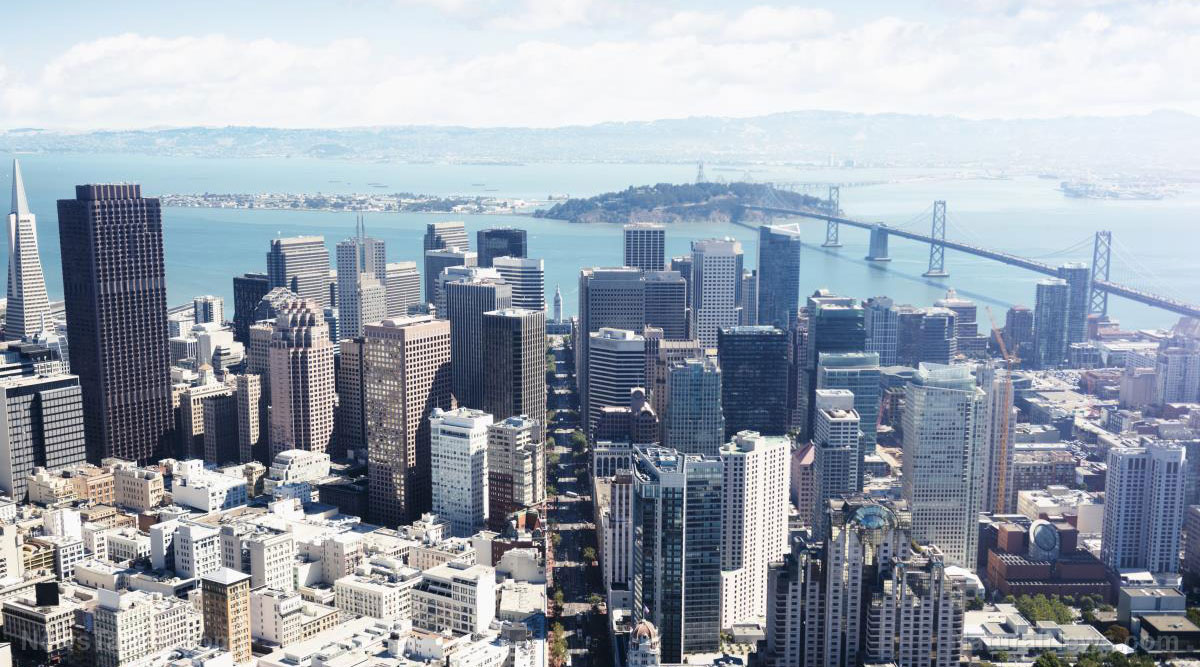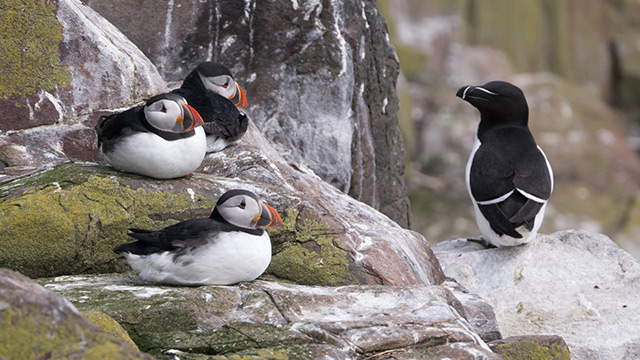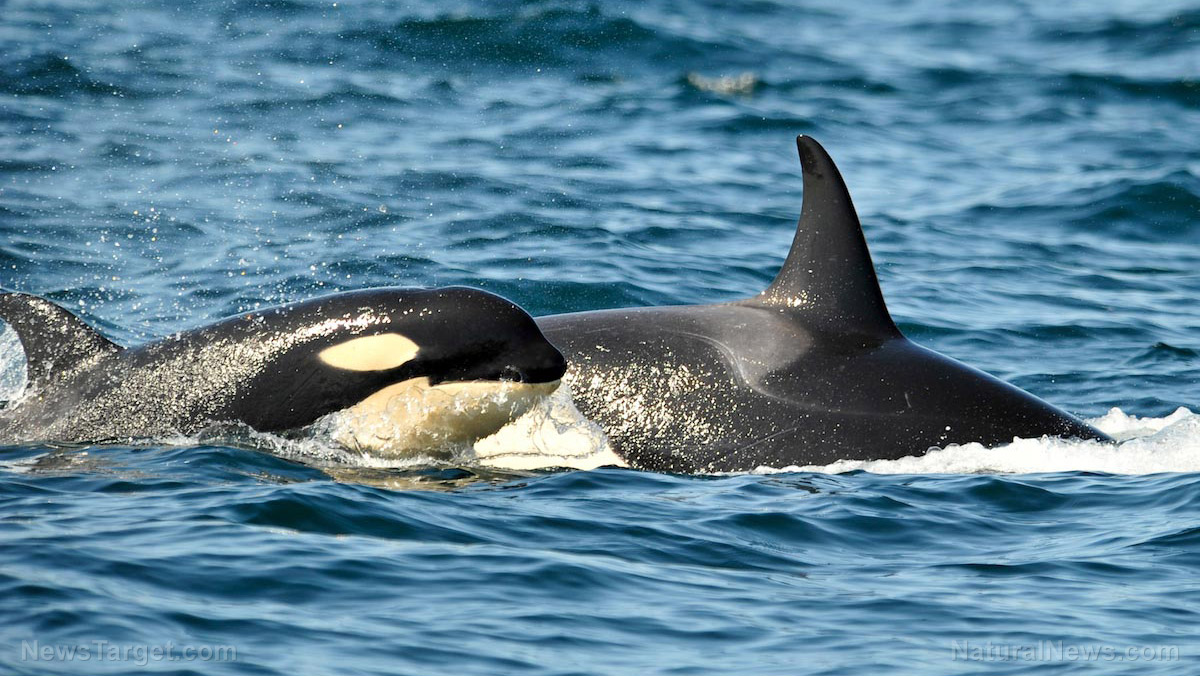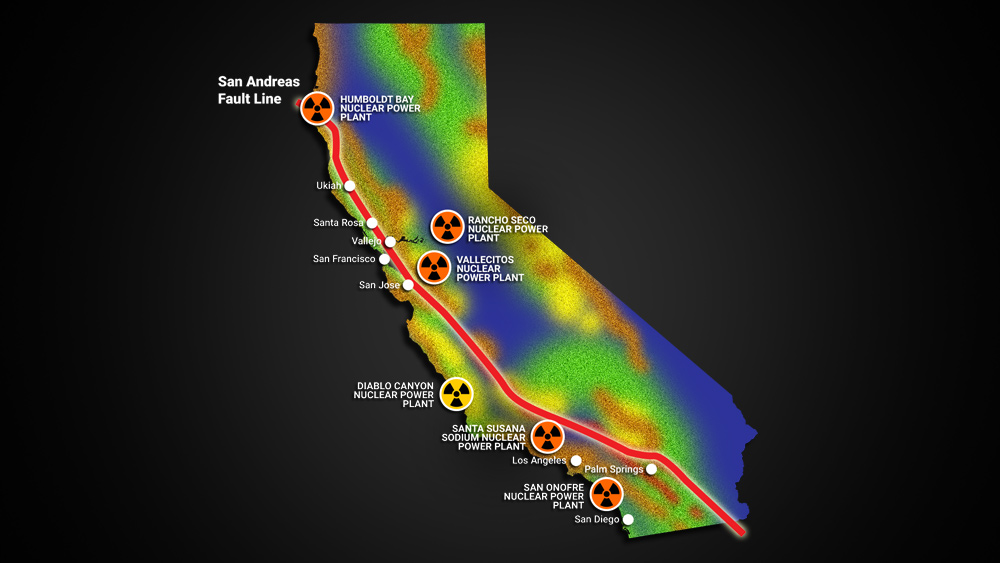Australia plans to dump tons of sludge on the Great Barrier Reef
07/09/2019 / By Isabelle Z.
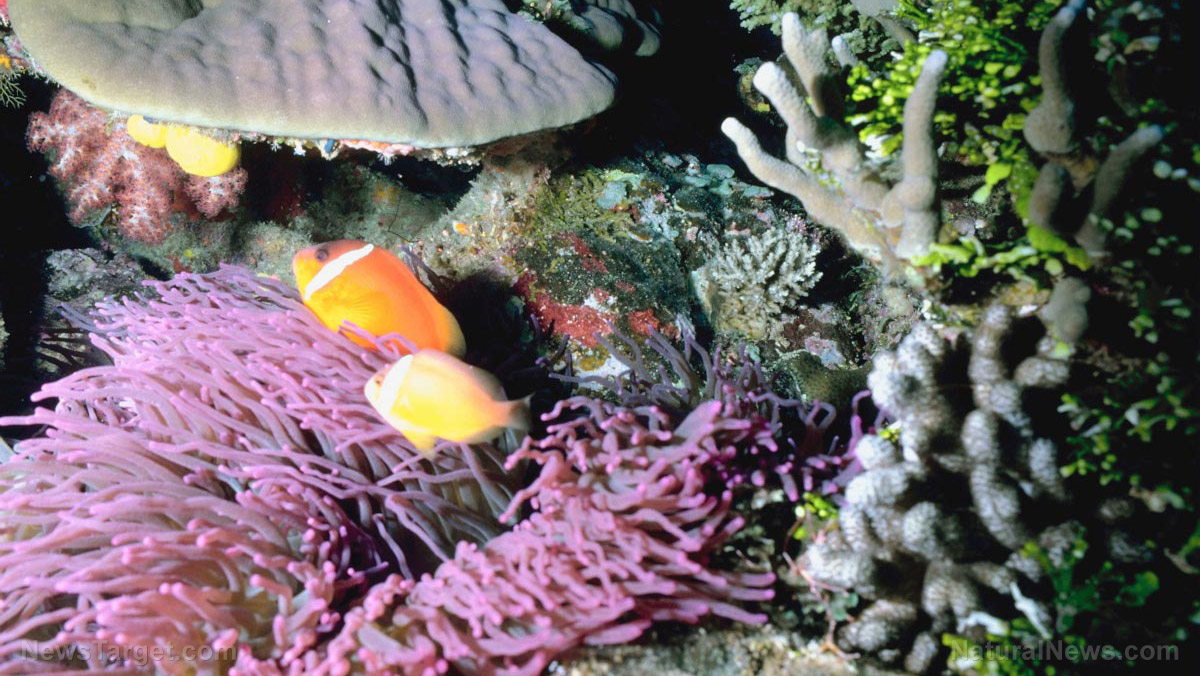
The Great Barrier Reef in Australia has been under threat lately from coral bleaching, but now it’s facing what experts are terming “another nail in the coffin” as plans have been approved to dump more than a million tons of sludge there.
In January, a permit was issued by the Great Barrier Reef Marine Park Authority to allow North Queensland Bulk Ports to dump a slew of maintenance dredge sludge in the area of the reef, exploiting a loophole in a law that was put in place to protect this natural wonder. Although capital dredging is expressly banned, it doesn’t specifically outlaw port maintenance, which entails removing the sediment that has built up in shipping lanes.
The dredging will take place across a ten-year span at the port at Mackay’s Hay Point. Backers of the project claim it is necessary to ensure that ships and boats can access marinas and ports safely. A spokesperson for the Great Barrier Reef Marine Park Authority said that the material they plan to dredge will be naturally occurring and that the approval came down after a 60-day period of public comments. They say that without the maintenance dredging, the park will be vulnerable to accidents or the grounding impact of stranded boats.
Greens senator Larissa Water called for the permit to be revoked, telling The Guardian: “The last thing the reef needs is more sludge dumped on it, after being slammed by the floods recently. One million tonnes of dumping dredged sludge into world heritage waters treats our reef like a rubbish tip.”
She also pointed out that the difference between the capital dredging that has been banned and the maintenance dredging they’ll be carrying out thanks to the loophole means nothing to the reef, which is going to suffer in any case.
The National Oceanography Centre of Southampton’s Dr. Simon Boxall said that if the sludge is dumped over the coral reef itself, the effect will be “devastating” as it blankets over the coral. This will cut the coral off from the algae it relies on for sustenance.
While the North Queensland Bulk Ports Corporation, which is in charge of Hay Point, acknowledges that there will be an impact on marine life, they say it will be short-term in nature and that the risks are “predominantly low.”
Coral reefs in Australia already in delicate condition
The news comes at a bad time as the reef has already lost half of its corals to bleaching. Last year, Australia pledged AUS$500 million to protect the reef after the losses. At that time, one of the reef’s threats was identified as “large amounts of sediment,” so it’s difficult to understand why they are now allowing this type of activity to go forward.
Some of the reefs have rebounded from the mass bleaching that took place in 2016 and 2017, but others are showing lasting effects and some have noted further declines. The reefs also suffered damage from tropical cyclone Penny earlier this year. Experts say it takes coral 10 years to rebound. What effect will dumping sludge have on these already delicate reefs as they try to recover?
Sources for this article include:
Tagged Under: clean water, coral bleaching, coral reefs, dredging, Ecology, ecosystems, environ, environment, Great Barrier Reef, insanity, natural wonder, ocean health, ocean life, sludge
RECENT NEWS & ARTICLES
COPYRIGHT © 2017 ENVIRON NEWS

